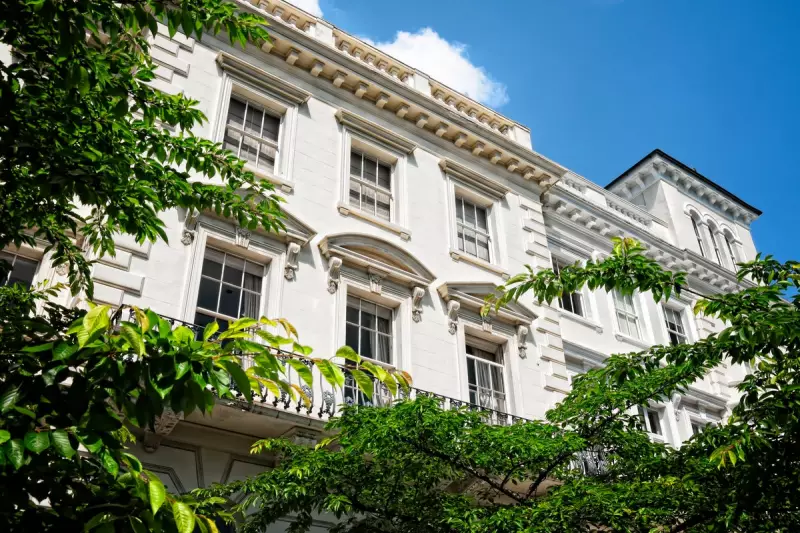
London's skyline, dotted with luxury apartments and penthouses, tells a story of wealth and exclusivity. But behind the glittering facades lies a troubling reality: many of these properties are owned by non-domiciled residents—or 'non-doms'—who exploit tax loopholes to avoid paying their fair share.
The Non-Dom Advantage
Non-doms, typically ultra-wealthy individuals who claim their permanent home is outside the UK, enjoy significant tax breaks. Unlike ordinary taxpayers, they can avoid paying UK taxes on overseas income and gains—provided they don’t bring the money into the country. This loophole has turned London into a haven for the global elite, while ordinary residents struggle with soaring rents and unaffordable housing.
The Housing Crisis Deepens
As property prices continue to climb, many Londoners are being priced out of their own city. The influx of foreign wealth into high-end real estate has distorted the market, pushing up prices across the board. Critics argue that the non-dom system fuels inequality, allowing the rich to park their money in London properties without contributing to the public services that make the city desirable in the first place.
Calls for Reform
Campaigners and policymakers are increasingly demanding an overhaul of the non-dom tax rules. A wealth tax on high-value properties, stricter enforcement of tax residency laws, and closing loopholes could generate billions for public coffers—funds that could be reinvested in affordable housing and infrastructure.
Until then, London remains a playground for the wealthy, while its working-class residents bear the brunt of an increasingly unaffordable housing market.





